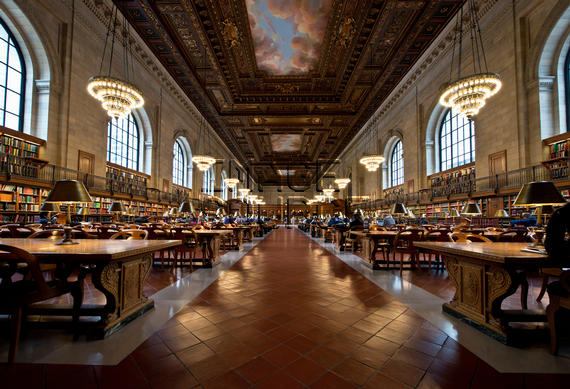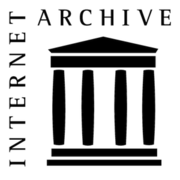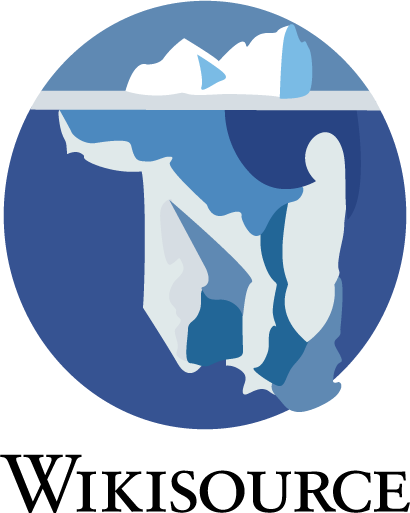
Finding primary sources is one of the joys of historical research. It is always rewarding when you come across a long-forgotten document that sheds new light on a topic or person that you are interested in. Unfortunately, finding these texts can be challenging. If travelling across the globe to multiple libraries and archives isn’t an option, and the texts you are looking for are too obscure to be readily available, it is easy to become discouraged. In this scenario, online text archives are your best friend. Here I’ve listed my three favourite online archives that give you access to immense numbers of documents - and all you need is an internet connection.

Internet Archive is probably my favourite website. Here, over 8.3 million scanned books from libraries across the world are right at your fingertips. It is every bibliophile’s dream to have this near infinite store of knowledge so readily available, and I have spent countless hours searching through the many fascinating selections to be found here. Among other documents related to my project, I have been able to find records of the Canadian architectural journal Construction from 1919 containing information on the architect Frank Wickson and his projects. Internet Archive has one large disadvantage, however, in that it is somewhat disorganised and can be hard to search through. General searches only work for terms in titles of books or for authors, not for words contained in books. If you are searching for a more obscure term, it is often best to search in Google with the word ‘archive’ (e.g. Frank Wickson architect archive.org) and then click on Google results for scanned books that match what you are looking for.

Among Google’s many projects is an initiative to scan books at libraries across the world and upload them online. Google Books has an immense number of resources and is far easier to search than Internet Archive, using the Google search tool to scan for text inside books as well as in titles. I have been able to find numerous documents here, including this architectural journal with information and pictures of projects undertaken by Wickson. Google Books is technologically superior to Internet Archive and contains more recent secondary source material, yet unfortunately many books are only available in part, others require payment, and others are tantalisingly mentioned, but unavailable online, including a few plays by Robert Turney which only have a few snippets viewable. Nonetheless, for what it does offer Google Books is very valuable for anyone looking for primary sources.

Wikipedia’s less famous but in my opinion more interesting cousin; Wikisource contains transcriptions from public domain books and documents from a wide variety of places. Searching is far easier than on Internet Archive and uses the same method as Wikipedia, making it simple to find keywords throughout the website. In addition, all books are public domain and have their full versions available, unlike in the case of Google Books. If you don’t trust an open-source library that anyone can edit, most pages have links to the original source where you can view pages from the source scan. Wikisource would be perfect, but alas, it is nowhere near as large as Archive or Google Books. Seeing as it relies on volunteers transcribing sources, rather than simply scanning pages, adding books to Wikisource takes much longer. I was not able to find documents related to my project on Wikisource, but the website has proven useful to me in the past and it would be a fine place to look for documents that may be of interest in your projects.
In addition to the above sources, you can try looking at specific websites operated by institutions or groups related to a topic you are researching. The University of Toronto, for example, offers access to several newspapers databases, which I have used in the course of my project. You can find access to them in the UofT Library’s research section: https://onesearch.library.utoronto.ca/research. So don’t feel that finding primary sources is too hard, when you have access to so much information without paying or leaving home.
